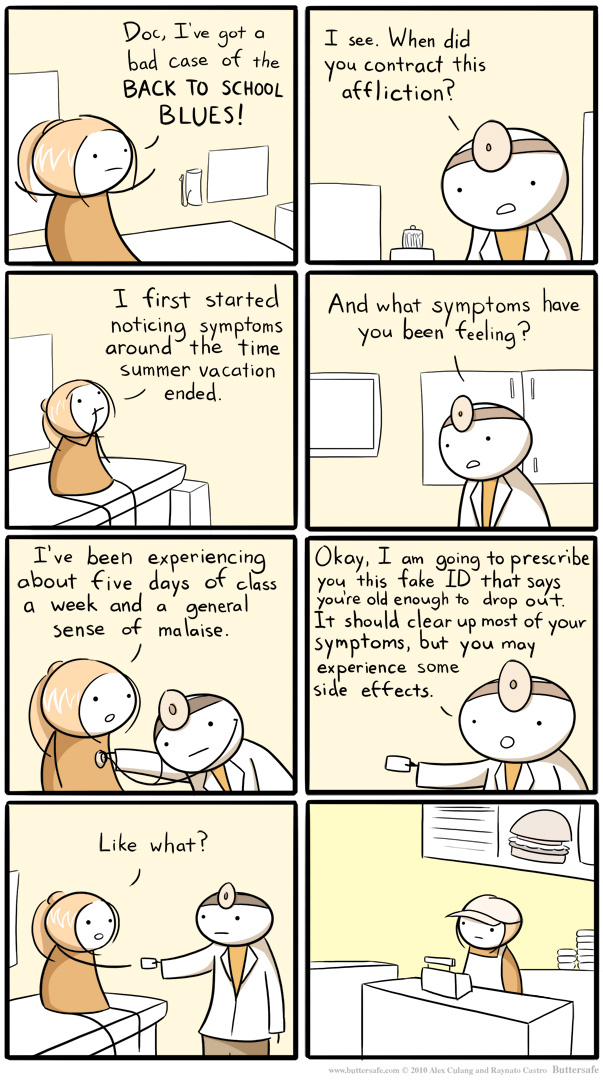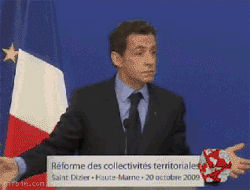There's an interesting article regarding exploration on
a potential molybdenum deposit near Boise, Idaho at The NYT. I feel it does a pretty good job of discussing the pros and cons, economic vs. environmental concerns.
While I'm pro-environment and pro-conservation compared to most, I have this pragmatic streak that comes from a strong background in the sciences- geology and biology particularly. I don't think most people in the US really comprehend that the mere fact they're alive means they are going to consume resources. There seems to be a mindset that if environmentalists can block all resource extraction, people will just quit demanding those resources. I wish it worked that way, but it doesn't.
I can understand and empathize with some of the environmental concerns here: "conservation groups and public health advocates are already lining up to oppose the project, arguing it threatens a watershed that provides one-fifth of Boise's municipal water supply." That is certainly not a threat to take lightly. But I get frustrated with what often appears to me to be a knee-jerk reflex to try to block any new resource project that comes along, rather than getting a sense of the company's reputation and plans, and attempting to improve those as needed. My interpretation of this piece is that there are no clear-cut threats of environmental degradation and contamination beyond those involved in mining generally. In other words, I see nothing described that suggests sediment and heavy metal contamination wouldn't be avoidable with appropriate planning, oversight and enforcement. Obviously, as we saw in the Gulf over the last few months, "planning, oversight and enforcement" can be iffy, but a point that wasn't made clearly enough in the MSM is that the Macondo blowout had minimal, if any, effect on people's consumption of petroleum resources. If that well hadn't been drilled, another one would have.
The situation is the same with this mine. It irritates me that the enviro's big complaint at this point is that there is no way for The NFS to "just say no," even though the article makes clear that they do have the option to regulate it to commercial infeasibility, if they feel its environmental effects will be too severe. "In theory, Baird said, the Forest Service could make such a project too expensive to pursue."
So the point really is, I don't have the background or detailed information I would need to support or oppose this operation, but I don't think that opposition to extracting natural resources as a matter of principle is a very worthwhile attitude. And that attitude is on full display in this article.


































































